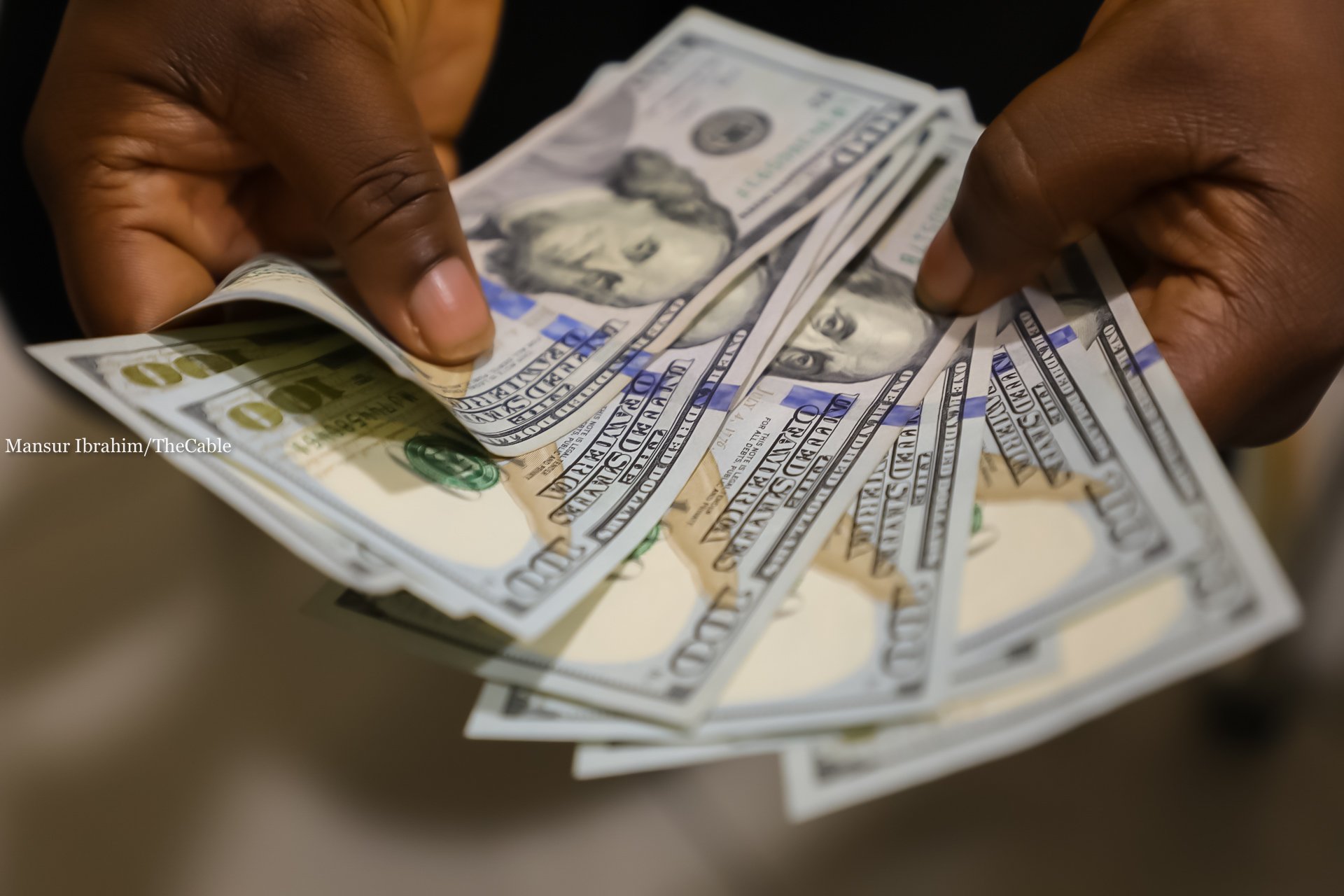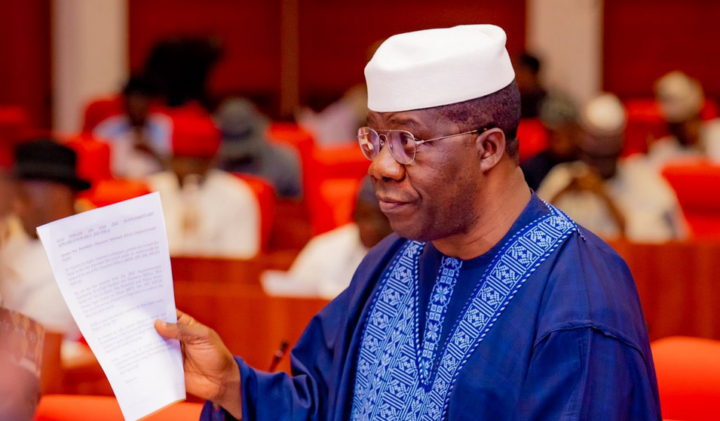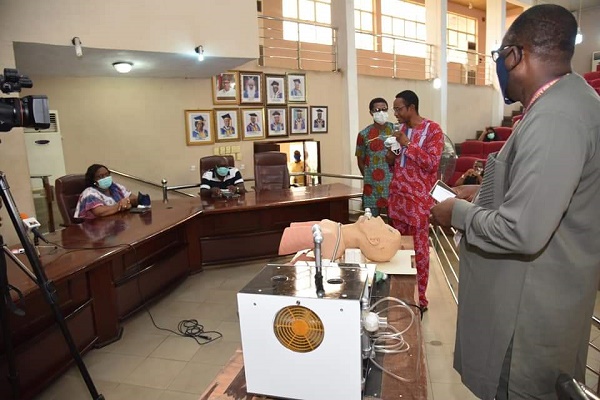BY ADEBOTE ‘TOMINI
As efforts to improve Nigeria’s non-oil export sector intensify, during the July edition of the Talking Trade and Investment Global (TATRIG) which was held on July 15, 2023, trade experts, non-oil exporters and other key practitioners convened virtually to examine the challenges and opportunities in the sector.
The theme of the webinar was titled, ‘Floating Naira and New Economic Policies: Renewed Hope for Nigeria’s Non-oil Exports?’ The trade experts leading the conversation included Titus Olowookere, president & CEO of the US-Africa Trade Council, Wilson Erumebor, senior economist at the Nigeria Economic Summit Group, and Omolara Akanji, former director of trade and exchange at the Central Bank of Nigeria & member of the executive board of the International Chamber of Commerce. The session was moderated by Olufemi Boyede, one of Nigeria’s foremost non-oil export voices and the convener of the Talking Trade and Investment Global (TATRIG) webinars.
Like many other resource-dependent countries, Nigeria has long relied on oil exports as the primary driver of its economy. However, the volatility of oil prices and global efforts towards sustainable energy alternatives have prompted the Nigerian government to explore new avenues for economic growth. Non-oil exports have emerged as a promising solution to diversify Nigeria’s export landscape, stimulate job creation, and drive sustainable economic development.
Advertisement
The webinar had several key takeaways, which can be summarised as follows:
Overcoming historical reliance on oil: As one of the speakers Wilson Erumebor noted, “If oil is still not doing well, and non-oil exports still account for just 10% of total exports, I think we have a long way to go”. Echoing that, a presentation by Olowookere, the guest speaker, showed that in 2021, over 88 percent of Nigeria’s foreign trade was from oil, leaving a significant gap in non-oil exports.
The floating of the naira is one of the new fiscal policies the new administration has established to deal with this problem by letting market forces such as supply and demand determine the exchange rate for the currency. It is anticipated that this action will boost economic growth and export competitiveness. Olowokere was optimistic that the new fiscal policy with the floating of the naira would provide renewed hope for the non-oil sector by making Nigerian exports more competitive in the global market. “It is going to really improve the non-oil exports. It will help the economy grow quickly, as it’s already beginning to do. It will make us a lot more competitive in the global markets. And this would be a win for the Nigerian economy, for individuals in Nigeria, and even foreigners looking to invest in Nigeria,” Olowookere said.
Advertisement
Political will and infrastructural development: According to the lead presenter, Olowookere, “the leadership is not where it needs to be and the infrastructural set up is not enabling. We all need to roll our sleeves”. Wilson Erumebor also raised critical concerns about the current state of Nigeria’s non-oil export sector, while calling for more proactiveness in terms of implementation of government policies.
Limited access to finance: Access to finance is often cited as a major challenge for Nigerian entrepreneurs, particularly for those involved in the non-oil export sector. High-interest rates, limited collateral options, and cumbersome loan processes create significant barriers for small and medium-sized enterprises (SMEs). Policymakers must promote innovative financing mechanisms, such as venture capital funds and targeted loan programs, to enable SMEs to invest and expand their export activities.
On her part, Omolara Akanji explained that although the floating currency has an advantage, it can help solve our balance of payment crisis. She said: “We have high liability dollarisation, financial fragility, and there is a negative effect on the balance sheets when liabilities are denominated in foreign currencies, while our asset is in the local currency. The high liability dollarisation has continued to create an external account imbalance that must be reviewed. Otherwise, we will keep going round and round in a circle. While it is suitable to float the naira, many other policy dimensions must be addressed to make it efficient and effective as a market instrument. The high liability dollarisation has continued to create an external account imbalance that must be reviewed. Otherwise, we will keep going round and round in a circle.”
In his concluding remarks, the convener, Olufemi Boyede reemphasised that, “depreciation of the naira is not enough: It is not enough to float the naira. It’s not enough whether it is a managed currency floating or any other manner of floating. The foreign exchange rate of a country’s currency is determined by that country’s performance in the international market”.
Advertisement
Decrying the poor practice of excessively and repeatedly borrowing by the previous administrations, Boyede said “we cannot continue to allow the CBN to go to what they call ‘Ways and Means.’ We edited the constitutional framework to allow us to borrow more. Are we going to borrow for our fourth generation yet? There is a need to lead a policymaker forum where those shaping government policies can understand the perspective and needs of the private sector and industry”.
Adebote ‘Tomini can be reached via [email protected] and 08169460616.
Views expressed by contributors are strictly personal and not of TheCable.
Add a comment






